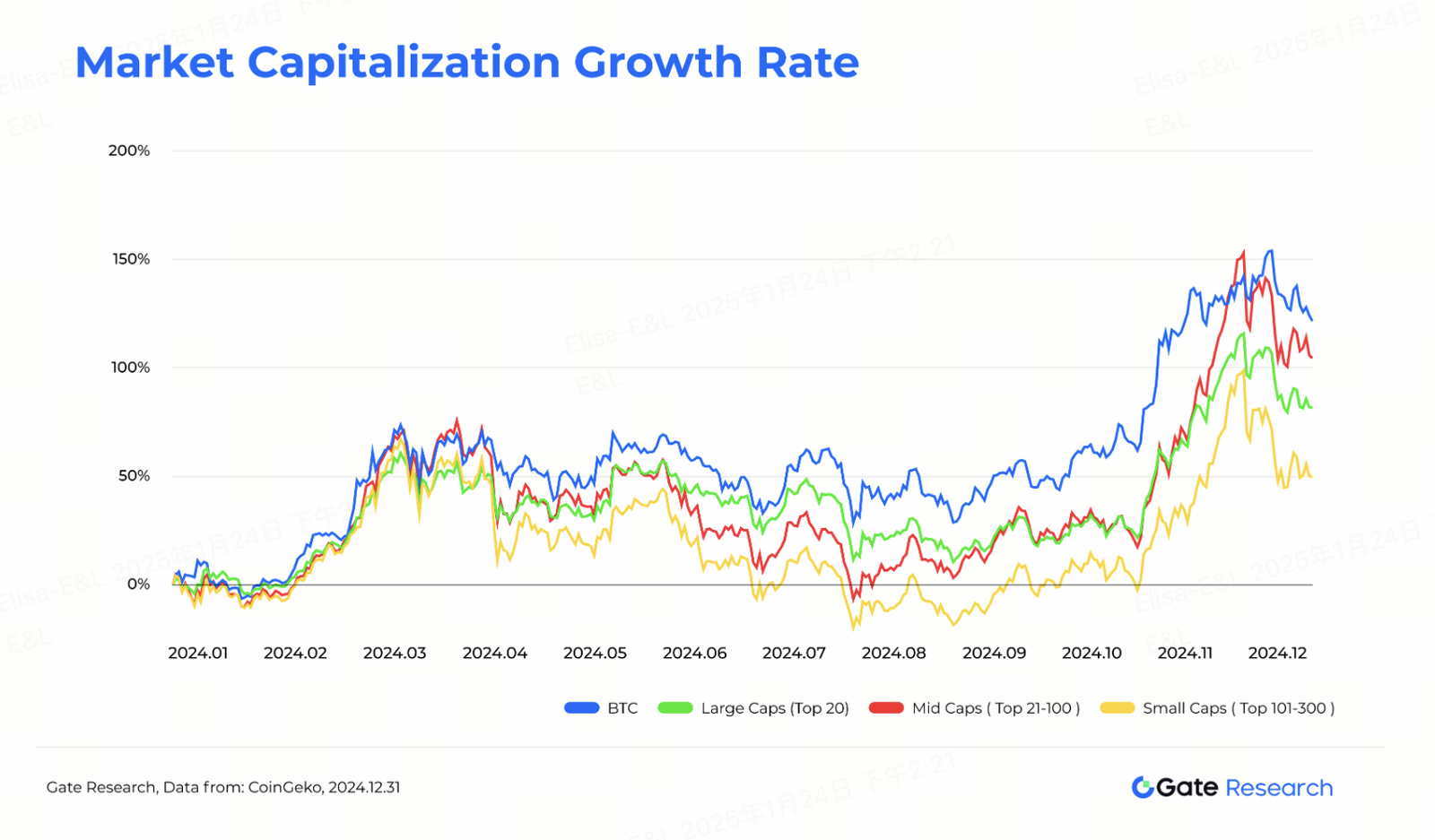Optimizing Your Taxes When Investing in Cryptocurrencies

Understanding Cryptocurrency Taxation

Cryptocurrency taxation is a relatively new area of law that varies significantly across different jurisdictions. As governments begin to recognize the growing influence of cryptocurrencies, they have developed unique tax regulations governing these digital assets. Central to cryptocurrency tax regulations is the distinction between capital gains and losses, as well as income generated from cryptocurrency transactions.
Capital gains tax applies when individuals sell or exchange their cryptocurrencies for a profit. Short-term capital gains, which occur when assets are held for one year or less, are typically taxed at the individual’s ordinary income tax rate. In contrast, long-term capital gains result from assets held for longer than one year, often benefiting from reduced tax rates. Investors should be aware of these classifications as they directly influence tax liabilities and overall financial strategy.
Moreover, the importance of accurately tracking all cryptocurrency transactions cannot be overstated. Keeping meticulous records of purchases, sales, and exchanges is essential for filing accurate crypto taxes. Detailed records help substantiate gains and losses when possible tax audits occur, thereby reducing the risk of penalties associated with noncompliance. Many tax authorities offer guidelines and forms specifically designed for reporting cryptocurrency holdings, which serve as essential tools in any cryptocurrency tax guide.
It is also crucial to recognize the potential repercussions of tax evasion in the cryptocurrency space. Failing to report cryptocurrency earnings could lead to significant fines or even criminal charges, depending on the jurisdiction. Governments are increasingly turning their attention to the digital asset market, which emphasizes the need for compliance with existing tax laws. In conclusion, understanding the nuances of cryptocurrency taxation is critical for investors looking to optimize their crypto taxes while ensuring adherence to legal requirements.
Strategies for Minimizing Tax Liability
When investing in cryptocurrencies, it is crucial to implement effective strategies for minimizing tax liability. One such strategy is tax-loss harvesting. This process involves selling underperforming assets to offset gains realized on better-performing investments. By deducting these losses against gains, investors can significantly lower their taxable income, thereby optimizing their overall crypto taxes. Careful tracking of transactions ensures that investors benefit from this approach, ultimately enhancing their tax efficiency.
Another valuable avenue is to utilize tax-advantaged accounts, such as Individual Retirement Accounts (IRAs) or 401(k)s. These accounts provide the advantage of tax deferral, allowing investors to grow their cryptocurrency investments without incurring immediate taxes on capital gains. In certain instances, a Roth IRA can even enable tax-free growth and withdrawals. Therefore, incorporating these accounts into an investment strategy can be an effective way to manage and optimize crypto taxes over the long term.
Proper timing when selling cryptocurrencies plays a critical role in tax liability. For instance, holding assets for over a year may qualify them for long-term capital gains tax rates, which are generally lower than short-term rates. Consequently, investors should consider their exit strategies and potential tax implications prior to selling. Furthermore, the choice of trading platform can influence tax outcomes. Some platforms may provide clear transaction records that facilitate relatively painless tax reporting, while others might complicate the process.
Investors engaging in staking, mining, or other forms of income generation in the crypto space should be aware of their tax obligations. Income generated through these activities may be taxable upon receipt. Therefore, understanding the intricacies of these methods is essential to navigate the complexities of cryptocurrency taxes effectively. By thoughtfully considering these strategies, investors can substantially reduce their tax liabilities while maximizing their cryptocurrency investments.
Utilizing Tax Software and Resources
The complexities surrounding crypto taxes can make the tax filing process daunting for cryptocurrency investors. Fortunately, several tax software solutions and resources cater specifically to the unique demands of crypto taxation. These applications help simplify the tracking of gains and losses, all while ensuring compliance with IRS regulations. As investors navigate their cryptocurrency portfolios, utilizing the right tax tools can significantly alleviate the stress associated with tax reporting.
Many popular applications, such as CoinTracking, CryptoTrader.Tax, and Koinly, have been developed to assist crypto investors in managing their tax obligations efficiently. These platforms typically offer portfolio tracking features, allowing users to monitor their investments in real-time. Additionally, they can integrate with various cryptocurrency exchanges and wallets for automatic importing of transactions, saving users from arduous manual entry. This automated process helps ensure accuracy in reporting and reduces the risk of errors that could result in complications with tax authorities.
Moreover, the primary function of tax software is to generate detailed tax reports based on a user’s transaction history. By calculating capital gains, losses, and other taxable events, these tools provide investors with a comprehensive cryptocurrency tax guide. This reporting capability is crucial for optimizing crypto taxes and helps users understand their overall tax liabilities before filing. Some software even includes resources for tax planning, allowing users to make informed decisions about their future investments.
In conclusion, leveraging tax software and resources can make a notable difference for cryptocurrency investors dealing with the complexities of crypto taxes. By choosing the right tools, investors not only simplify their tax filing process but also gain peace of mind knowing they are adhering to tax regulations while optimizing their tax outcomes.
Consulting with Tax Professionals
Navigating the complex landscape of crypto taxes can be challenging for both novice and experienced investors. Given the unique nature of cryptocurrencies, it is essential to seek guidance from tax professionals who specialize in cryptocurrency taxation. A qualified tax advisor can provide invaluable insights into the ever-evolving regulations and help investors optimize their tax obligations.
When selecting a tax professional, it is critical to look for individuals with expertise in cryptocurrency tax laws. Check for credentials and experience in handling crypto-related taxation issues. A good tax advisor should be familiar with various cryptocurrencies and their specific tax implications, ensuring that they can provide tailored guidance. Furthermore, they should stay updated on changes in legislation and IRS guidelines, as these can impact how one manages their tax liabilities.
The benefits of consulting with a specialist in cryptocurrency tax matters are numerous. A knowledgeable advisor can assist in developing a personalized strategy for managing and optimizing crypto taxes. They can help investors understand their tax obligations pertaining to capital gains, income generated from trades, and compliance with reporting requirements. Additionally, tax professionals can identify potential deductions and credits that may be applicable, ultimately reducing taxable liabilities.
Furthermore, working with a tax professional can help mitigate common pitfalls faced by cryptocurrency investors. Many individuals underestimate their tax responsibilities or misunderstand how to report crypto transactions correctly, which can lead to costly mistakes. Proactive planning is crucial; a tax advisor can set up a robust system for tracking transactions, ensuring compliance and minimizing the risk of penalties from oversight.
In conclusion, enlisting the support of a qualified tax professional is a wise investment for anyone involved in cryptocurrency trading. Their expertise not only aids in the understanding of crypto taxes but also provides peace of mind with a well-structured tax strategy tailored to individual investment activities.










